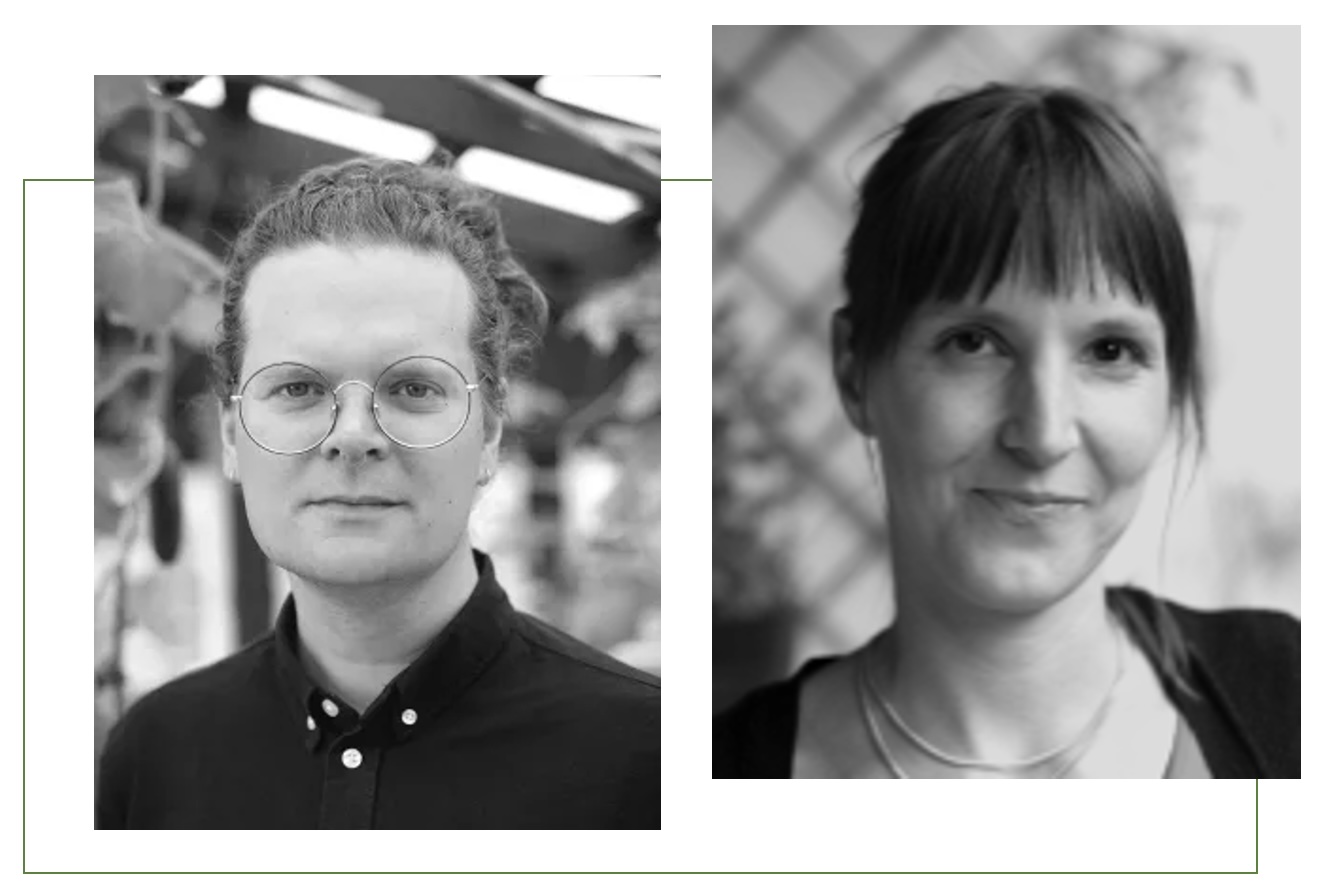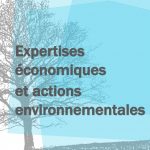The seminar “Economic expertise and environmental actions” welcomes
Tobias Olofsson et Gisa Weszkalnys
Lands, mines, futures
This session is organised in partnership with the members of the ANTICIP du PEPR sous-sol bien commun project.
In this session we will explore the anticipation techniques used by a variety of actors (industry and government in particular) to create desirable futures for the development of new mines around the world (in Europe and Africa).
Tobias Olofsson (Department of sociology, Lund University)
Uncertainty management and tools of persuasion: Predicted futures in mineral exploration
Mining and mineral exploration comes with substantial uncertainty. Success is rare and the costs are often high. Managing uncertainty is therefore a central concern; and the industry has developed several tools to help it translate uncertainty into risk and verified knowledge. Then again, the success of these tools is varied and the mining industry is home to many examples of unexpected failures and blown predictions. In this presentation, I draw on ethnographic fieldwork in the Swedish mining and exploration industry and explore some of the tools that industry members use to render mineral extraction calculable. I address the social consequences of prediction work and highlight the ways in which models, standards, and other tools of uncertainty management serve dual purposes in the hands of mineral explorationists, first as tools of uncertainty management, and second as tools of persuasion, tools which are used to justify the benefits of mining futures over other potential futures.
Gisa Weszkalnys (Département d’anthropologie, London School of Economics and Political Sciences – LSE)
Liabilities of time
This paper explores a productive crossroads between studies of energy resources and recent scholarship on racial and affective capitalism. It introduces the concept of ‘affective regulation’, the management of emotions by corporations and governments to control populations seen as affectively liable. These practices, rooted in colonial legacies, sustain racial and class hierarchies in the context of this emergent oil economy. Here, the waiting body shows up the limits of sovereign control while justifying its expansion. I extend these insights to the study of how anticipation as a specific temporal disposition is cultivated in the context of the emergent oil economy of São Tomé and Príncipe. By focusing on the individual experiences of men working within STP’s oil bureaucracy, the paper reveals the frustrations and futility of the (affective) regulatory system in place. It concludes by suggesting that Santomeans’ impatience about the prolonged wait for oil wealth can be read as a critique of historical patterns of extractivism and marginalisation.

Tobias Olofsson is a postdoctoral fellow with the Show & Tell project led by Dr. Alison Gerber, whose objectives are to investigate how novel types of evidence travel across disciplinary boundaries. Olofsson’s contribution to the project focuses on investigating how new digital tools for recording and modeling spaces, objects, and actors influence and challenge existing practices. He holds a PhD in Sociology from Uppsala University where he defended his dissertation thesis Mining Futures: Predictions and Uncertainty in Swedish Mineral Exploration. The thesis investigated how forecasts and predictions are used by mineral explorationists and focused on how forecasts and predictions are used to manage of economic, technological, and environmental uncertainties as well as how they help explorationists persuade key actors and stakeholders to support future mining operations.
Gisa Weszkalnys is Associate Professor at the Department of Anthropology of the London School of Economics and Political Sciences (LSE). Her research focused on energy developments, plantation and extractive economies, and struggles over transparency and inclusion in environment/resource management in São Tomé and Príncipe and the UK. A question I keep returning to in my research, she states, is how people’s imaginations of the future and their ideas of what’s to come shape the cultural and material worlds they make.
Information and registration

Date: Friday, February 7, 2025, 11am-1pm
Venue: Mines-Paris – PSL, 60 boulevard Saint Michel, 75006 Paris. Room L120.
The session will also be streamed by videoconference. The link will be sent upon registration just before the seminar.
The seminar is open to all. Please register here to participate in this session.
Contact: Béatrice Cointe, Kewan Mertens or Alexandre Violle
Find out more about the program
Photo credit: Tobias Olofsson, Lund University.
Photo credit: Gisa Weszkalnys, LSE.

